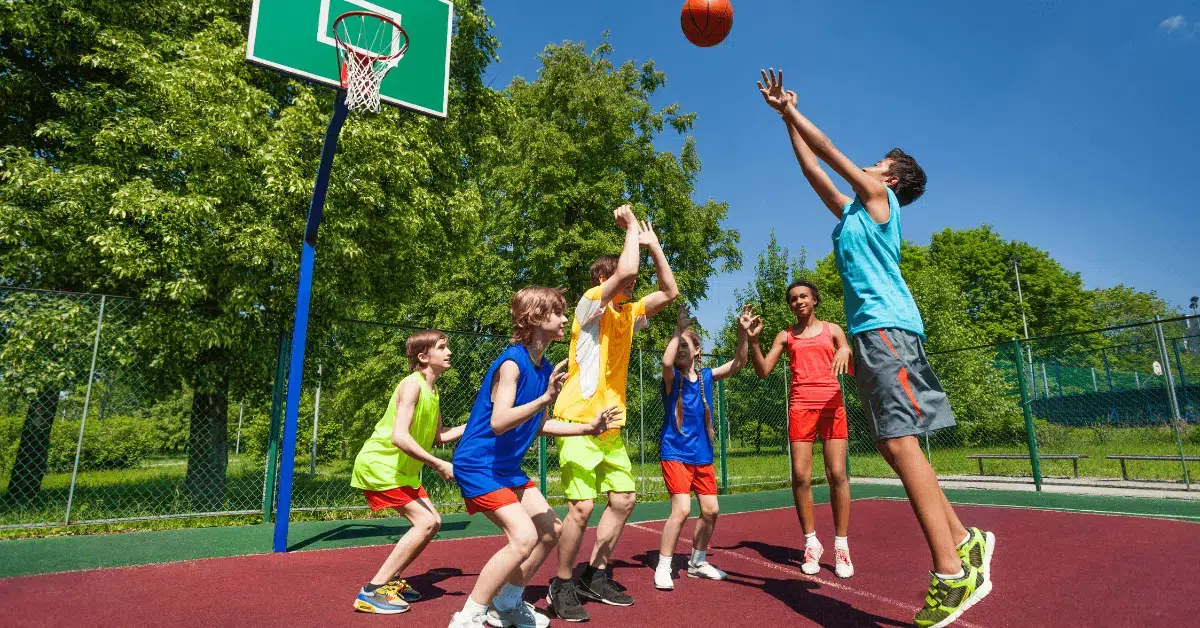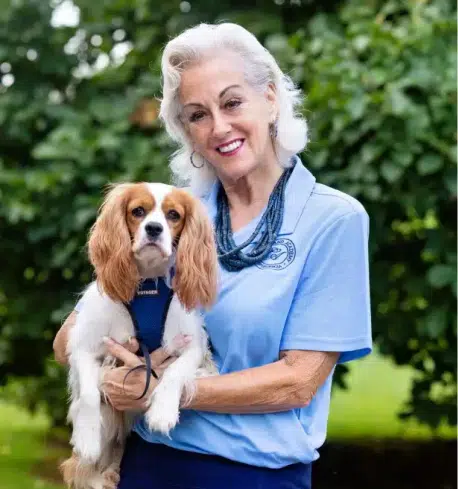The Vital Role of Team Sports and Exercise for Neurodivergent Children

Neurodivergent students often grapple with challenges related to social interaction, communication, and sensory processing. Engaging in team sports not only promotes physical health but also fosters a supportive environment for the holistic development of neurodivergent children. At Cumberland Academy of Georgia, we have a wide range of team sports available for our middle and high school students such as Soccer, Volleyball, Bowling, Basketball, Golf, Cross Country, and Track and Field.
Physical Benefits
For neurodivergent children team sports and exercise contribute substantially to their physical and emotional well-being. Regular physical activity aids in improving motor skills and coordination. Cumberland acknowledges and accommodates diverse physical abilities, ensuring that each child can participate at their own pace. Team sports offer a range of movements, from running to throwing, which provides opportunities for neurodivergent children to enhance their gross and fine motor skills in a supportive environment. Additionally, encouraging lifelong physical activity also plays a crucial role in managing stress, anxiety, and other challenges associated with neurodivergence.
Social Interaction and Communication
Social interaction and communication can be challenging for neurodivergent students. Cumberland Academy creates a structured and inclusive sports environment where students can further develop and practice social skills. We play against other local Atlanta area schools with similar populations to ensure all students experience a well-rounded education. Furthermore, team playing fosters friendships and connections that extend beyond the playing field, promoting an environment of acceptance and understanding.
Building Neurodiverse Self-Esteem and Confidence
Participation in team sports has the potential to significantly impact the self-esteem and confidence of neurodivergent children. Success in sports activities, whether mastering a skill or contributing to the team, provides neurodivergent children with a sense of accomplishment. The positive reinforcement gained through sports activities helps build self-confidence, empowering students to face challenges with resilience and a sense of pride in their unique abilities as well as in their teammates.
Structured Routine and Predictability
The neurodiverse community often thrives in environments with structured routines and predictability. Team sports provide a consistent schedule of practices, games, and competitions, offering neurodivergent children a sense of stability. This routine helps them develop time management skills and adaptability, contributing to their overall sense of well-being.
At Cumberland, participation in team sports and exercise is highly encouraged. By embracing neurodiversity in the context of team sports, we create an environment where each neurodivergent child can thrive, unlocking their potential and enjoying the numerous advantages that extend far beyond the boundaries of school.
Related Posts
How Autism Schools in Atlanta Support Individual Learning Needs
Every child deserves a learning environment where they feel understood, supported, and empowered to succeed. For neurodivergent students, especially those....
READ POST
Tips for Parents of Neurodivergent Children Prepare for School
Empowering Parents: How to Prepare Neurodivergent Students for School Preparing neurodivergent children for school presents both rewarding opportunities and unique....
READ POST
Cumberland Academy Students Participate in the Daffodil Project to Honor Holocaust Victims
The Holocaust is a dark chapter in world history that must never be forgotten. It serves as a reminder of....
READ POST
 Call us today! 404-835-9000
Call us today! 404-835-9000 Support Cumberland
Support Cumberland 


